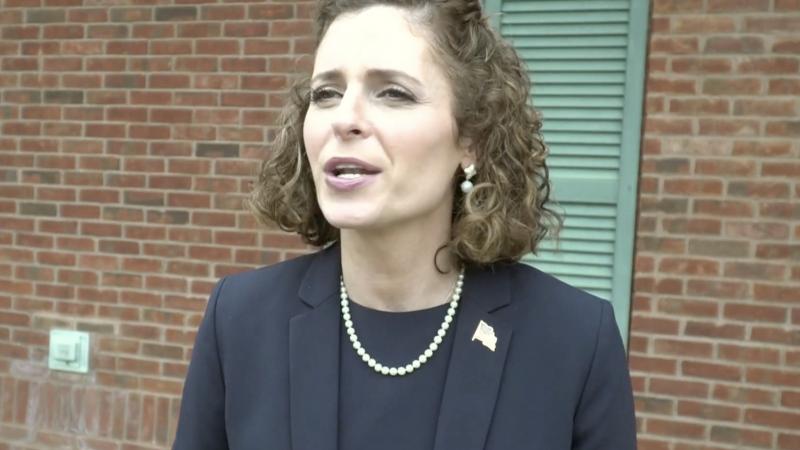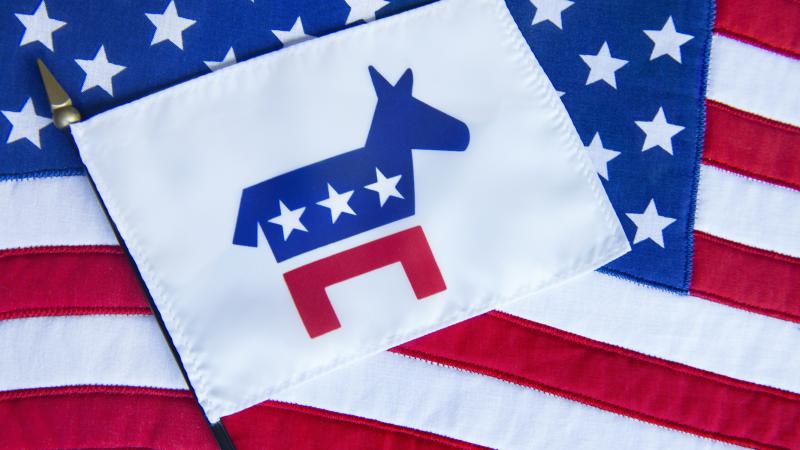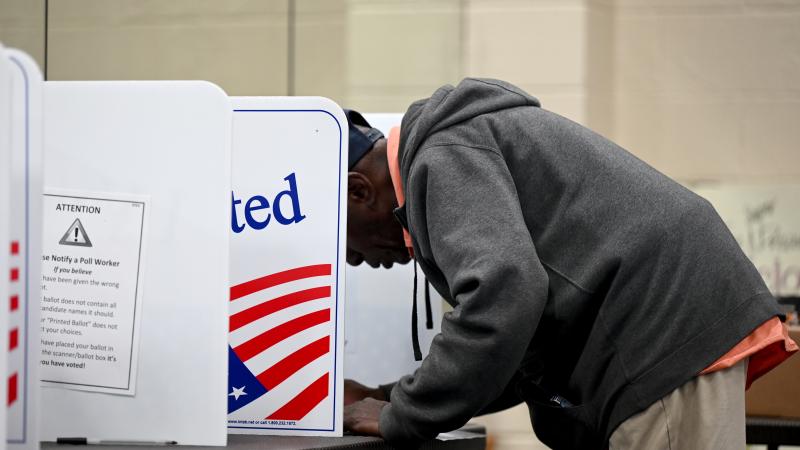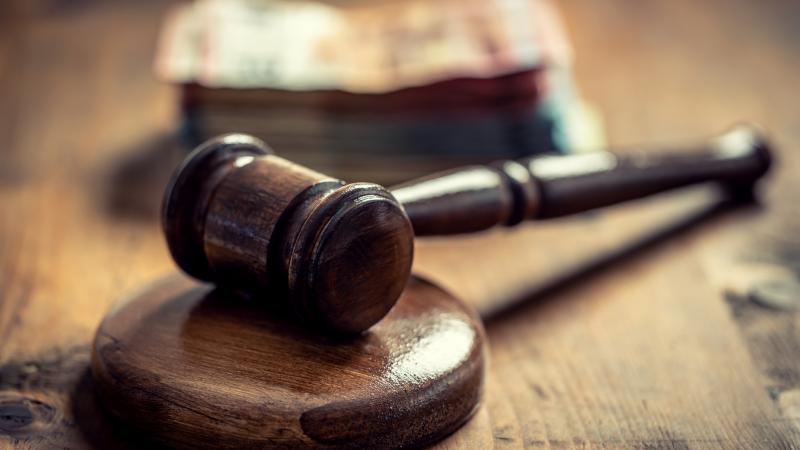GA's dual request on election integrity: Drop DOJ case, DHS help catch non-citizens on voter rolls
The DOJ lawsuit is regarding Senate Bill 202, an election integrity law that was enacted in 2021.
Georgia Secretary of State Brad Raffensperger (R) made a dual request of the Trump administration regarding election integrity this week, asking the Department of Justice to drop its case against a state election law and recommending improvements for the Department of Homeland Security's database that states use to find non-citizens on voter rolls.
On Thursday, Raffensperger sent a letter to Attorney General Pam Bondi, asking that the DOJ drop its lawsuit against state Senate Bill 202, an election integrity law that was enacted in 2021.
File
The DOJ alleged in the lawsuit that SB 202 "was enacted with a racially discriminatory purpose and violated the Voting Rights Act," Raffensperger wrote. However, "SB 202 put in place common-sense reforms like requiring photo ID for all forms of voting, strengthening absentee ballot procedures, reducing lines at polling places for voters, and requiring quick reporting of results," he added.
"Despite the common-sense nature of these reforms, former President Biden called SB 202 'Jim Crow in the 21st century,' and his allies like Stacey Abrams called it 'Jim Crow 2.0' and pressured businesses to boycott Georgia. They were even able to successfully pressure Major League Baseball to move the All-Star Game from Atlanta, costing Georgia businesses, including many minority-owned businesses, upwards of $100 million," the letter reads.
Raffensperger noted that the lawsuit is still pending and requested "that the Department of Justice reconsider and withdraw its lawsuit."
Prior to the DOJ letter, Raffensperger sent another letter on Monday to DHS Secretary Kristi Noem, giving recommendations to improve the Systematic Alien Verification for Entitlements (SAVE) program.
The SAVE database is used by states to verify "citizenship for the purposes of voter registration and election integrity," Raffensperger explained. "The current framework, while valuable to state efforts to improve election integrity, presents challenges for state election officials. These challenges include data access limitations, financial shortcomings, and outdated records that present usability issues."
Raffensperger made four recommendations regarding the SAVE database:
- Expanded Search Capabilities: Allowing state election officials to utilize additional personal identifying information (PII) such as dates of birth, Social Security numbers, and driver's license numbers during SAVE searches, instead of relying solely on Alien Registration Numbers or DHS receipt numbers.
- Timely Database Updates: Ensuring the SAVE database is frequently updated to reflect the status of newly naturalized citizens promptly.
- Elimination of Access Fees: Granting states free access to the SAVE system to conduct citizenship verification, removing the financial barriers currently faced by state election offices.
- Clear Usage Guidance: Providing comprehensive guidance to state election officials on how and when to use the SAVE system, to ensure consistent application across all states and avoid legal conflicts.
The Facts Inside Our Reporter's Notebook
Documents
File















